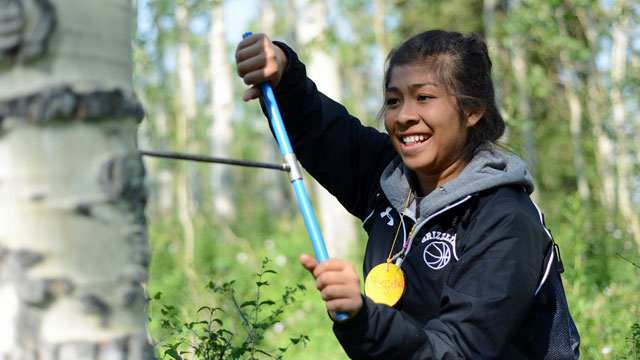Extended-learning opportunities are finding favor in more U.S. high schools as educators look for ways to give teenagers avenues to explore what they might like to do with their lives. By thinking outside of the classroom, kids who may not have thrived in traditional academic settings can find opportunities in the field. In this Atlantic article, Emily Richmond describes a school in Pittsfield, New Hampshire where students get class credit for completing internships in the community. Richmond writes:
"Before digging into what extended learning is, it’s important to understand what it is not. Pittsfield’s educators emphasize their program isn’t a shortcut toward earning course credit or a means of removing students from classrooms or a substitute for school teachers. And the learning doesn't always take place during the regular academic day. Students are expected to fulfill rigorous guidelines to demonstrate what they’ve learned: They must maintain a journal detailing their activities, complete assignments, undergo multiple assessments, and create a final project and presentation.
While the program is voluntary, it’s become an increasingly popular option. To date, 264 students have participated in their own projects over the past five years. Ward estimated that 75 percent of them are currently working in or pursuing postsecondary studies in related fields. She’s been able to find matches for just about every career field students have requested, from dental hygiene to graphic design, though some students have had to travel to bigger cities or do some of their activities via videoconferencing."
http://www.theatlantic.com/education/archive/2015/04/where-kids-learn-more-outside-their-classrooms-than-in-them/390297/


